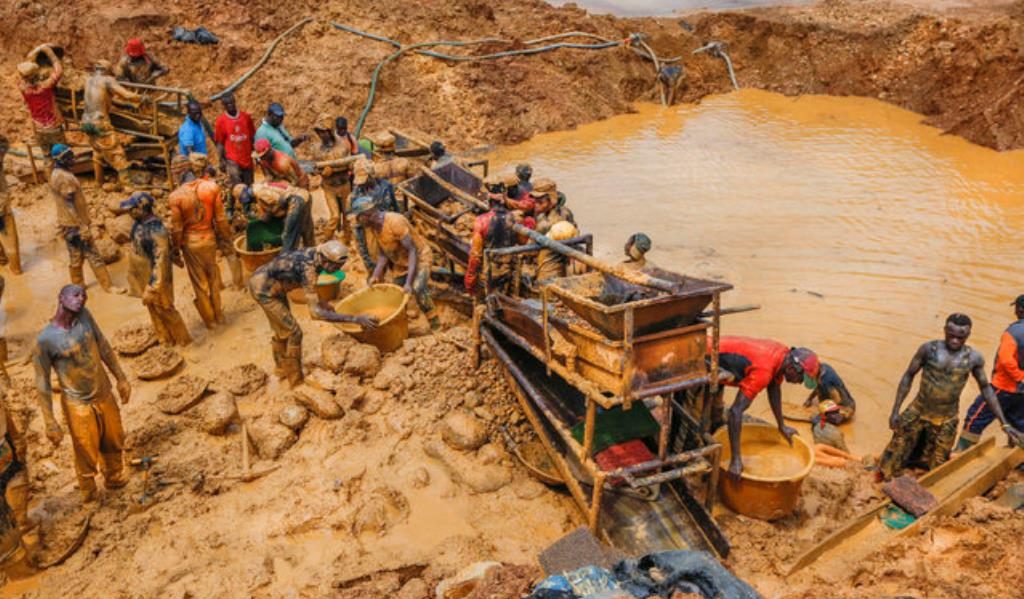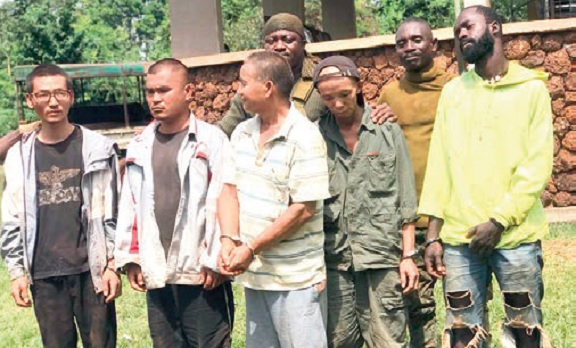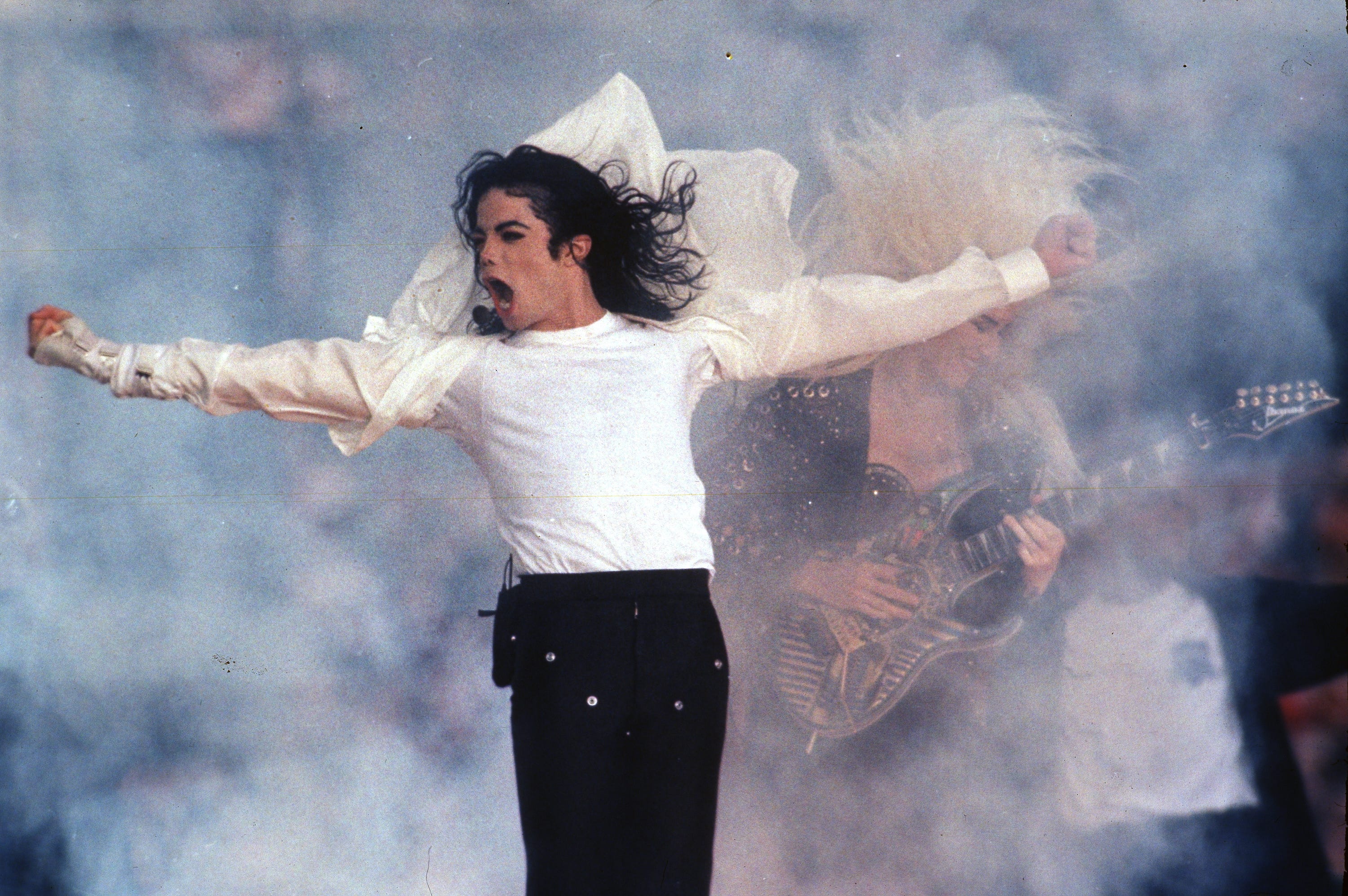

In a viral video circulating on social media, an illegal miner (galamseyer) at one of the sites alleges that military personnel are accepting bribes, referred to as chop money, and permitting them to continue their operations, despite publicly stating their commitment to combating galamsey.
In the video, he identifies two men in military uniform, claiming they took money and allowed the illegal mining activities to proceed. “We’re on-site; two soldiers just came for ‘chop money’ and are leaving. You said you would stop galamsey,” the galamseyer says.
His claim highlights long-standing speculation that some security forces deployed to tackle the illegal mining menace are frequently compromised by hefty bribes, allowing the continued destruction of the country’s water bodies, farmlands, and forests.
The nation faces a grave crisis due to illegal mining activities, which have escalated from small-scale artisanal operations into widespread and often violent enterprises. These activities pose a severe threat to the environment, public health, and the livelihoods of many citizens, despite government promises to address the issue. Reports indicate that numerous water bodies have been severely damaged due to the toxic practices associated with galamsey. Rivers such as the Ankobra have become heavily contaminated, compromising local fishing; the Birim River has turned brown and is no longer safe for consumption; and the Pra River has suffered pollution from mercury and sediment.
Meanwhile, in response to the government’s handling of these challenges, protests organised by the civil society group Democracy Hub have emerged, particularly in Accra, leading to approximately 42 arrests. The police described these gatherings as “illegal,” accusing demonstrators of disturbing public order and attacking law enforcement officers. These protests have highlighted widespread dissatisfaction with the government’s approach to illegal mining, especially concerning its environmental impact.

Social media activism has surged in response to these events, with citizens using platforms like X and Instagram to amplify their concerns and organise further demonstrations. Hashtags such as #GalamseyMustStop, #FreeTheCitizens, and #SayNoToGalamsey have gained traction, serving as rallying cries for activists demanding accountability and urgent governmental action. Following the protests, there have been calls for better treatment of detained individuals and for authorities to respect citizens' rights.
Activists are calling for the immediate release of 53 anti-galamsey protesters arrested during the Democracy Hub demonstration. In response, they have launched a three-day protest, which began on Thursday, 3 October 2024.
The protest, organised by the FreeTheCitizens and SayNoToGalamsey movements, aims to raise awareness about the severe environmental damage caused by illegal mining. The demonstration will continue until Saturday, 5 October 2024, following a planned route from Legon Okponglo to Black Star Square.
Protesters will pass through key areas such as Legon Stadium, Shiashie, Shangri-La, and the Airport Traffic Light, making stops at notable sites including the National Service Secretariat, the Electoral Commission Office, Parliament, and Independence Square.
With growing support on social media, thousands are expected to join, urging the government to take immediate action against illegal mining, which is devastating Ghana’s natural resources. The protest also aims to challenge the wrongful arrests of fellow activists.
Meanwhile, the Ghana Police Service has warned that they will intervene and disperse the demonstration if they believe it may disturb public order.
4o
Read Full Story







Facebook
Twitter
Pinterest
Instagram
Google+
YouTube
LinkedIn
RSS